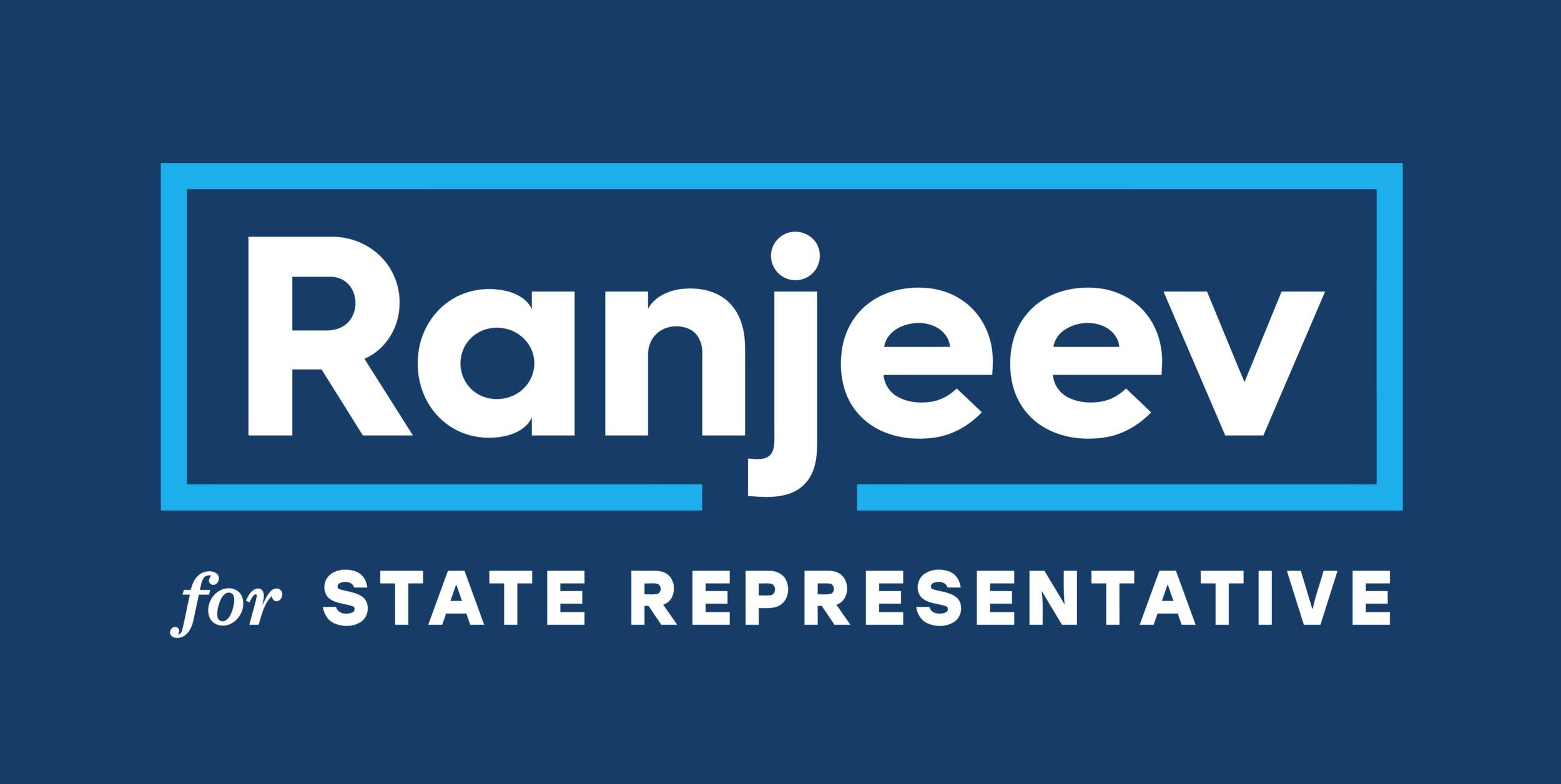Civil Rights
“All Michiganders deserve the freedom to feel safe and welcome in their communities. I am committed to working to create inclusive communities.”
Criminal and Social Justice Reform
The tragic and senseless death of George Floyd, Breanna Taylor, Ahmaud Arbery, and countless others has sparked a long overdue global conversation about both the relationship our law enforcement agencies have with the communities they serve and the taxpayers who fund them, as well as, the entrenched systemic racism that pervades our American society. Black Lives Matter. Standing up together with my neighbors in Canton, Van Buren Township and Belleville these past few weeks has given me tremendous hope that our conversations are genuine and that policymakers are ready to fight for change alongside all of us.
Equitable Law Enforcement
Our criminal justice system is broken. Mass incarceration has led to severe inequality with regard to arrests and sentencing, disproportionately affecting men of color, especially black men. We must prioritize training and education for law enforcement and judicial authorities and promote diversity, to move toward a more equitable system. We need to move to de-militarize our police and invest more in holistic solutions to dealing with crime and escalation.
When we invest in our communities, everyone wins. In particular, our majority-black communities are often suffering from disinvestment and racial segregation. Let’s further invest in these communities while eliminating for-profit prisons and cash bail.
Every moment we fail to fix our criminal justice system is a moral travesty.
Eliminating Cash Bail
The cash bail system that forces poor people to spend time in jail for inability to pay must be reformed entirely. Judges should consider the entirety of the circumstances of the accused not only when setting bail, but when choosing whether to set bail at all. The cash bail system insinuates that poor people are a greater risk to society than people that can afford to pay bail, and therefore buy their way out.
We need to eliminate cash bail, support and facilitate restorative justice, eliminate racial bias, and ensure everyone has the resources and representation they need. I will establish a better relationship with our county prosecutors.
For-Profit Prisons
For-profit prisons are emblematic of the perverse incentives in our criminal justice system. The presence of the profit motive for prisons was ostensibly meant to employ market forces and develop efficiencies. Instead, for-profit prisons have cut costs to meet lower and lower standards of prisoner life. I believe any earned revenue from prisons should be used to invest in communities with high crime rates to develop second-chance tracks for returning citizens and legal off-ramps for would-be criminals.
Police Brutality
Police brutality has affected communities all across this country, and it has had adverse effects psychologically and physically on those communities. Children and minorities should feel comfortable going to school, walking home, or any number of other normal activities. Police brutality is the result of ineffective training and internal bias that is manifested as a result of unfamiliar situations. We have seen cases in this state, for example, where a police officer handcuffed a child in a school. In no scenario whatsoever should that ever be an appropriate course of action. Officers must be trained more effectively and be given more oversight.
Demilitarization of the Police
The police are meant to bring a feeling of safety and security to the community. However, there are many communities in Michigan and across the country where that is not the case—either because of cases of police brutality, unpredictable application of the law, or uneven presence, and many times all of these. The research is clear: militarized police departments will see the members of the community they serve as threats, and this results in police brutality and an overbearing presence. It also means that minority communities will be less likely to call the police if there is danger because they are afraid of being perceived as threats themselves. Demilitarization of the police is about building and restoring the trust between communities and the people sworn to protect them. Our communities will be safer as a result of this.
Elliott-Larsen Civil Rights Act
The Elliott-Larsen Civil Rights Act must be expanded, and I support HB 4688 and SB 351 to add sexual orientation and gender identity or expression to the existing protected classes within the Act. No one should ever be discriminated against - for any reason - and we need to ensure all Michiganders, regardless of belief, have the same opportunities.
A Michigan for All
Michigan is home to a diverse set of religious and ethnic backgrounds, all bringing with them a vibrant culture and history. The state must reinvest in local communities and empower local leaders to be part of building stronger, thriving economic and cultural centers. Michigan must work for all Michiganders, regardless of background or belief.
Transgender Rights
Michigan law puts unnecessary barriers in the way of transgender people seeking identity documents matching their gender identities. For instance, changing the gender on an adult’s birth certificate requires an affidavit from a doctor that the person has had surgery. This is out of line with the requirements of the federal government and many other states, and it puts Michigan-born transgender people at a serious disadvantage in acquiring the documents needed for participation in modern life. I will support legislation to repeal the surgical requirement for state identity documents.
Inclusive Michigan for All
All too often, young people in our community are faced with challenges that we do not and cannot see. The internal struggle, societal pressures, and stigma associated with their identity can never be fully described or fully understood by those of us who do not share that identity. At the impressionable young age, it is our responsibility to ensure that young people, like my two incredible boys, grow up in an inclusive, safe environment that embraces us not in spite of our differences, but because of them.




